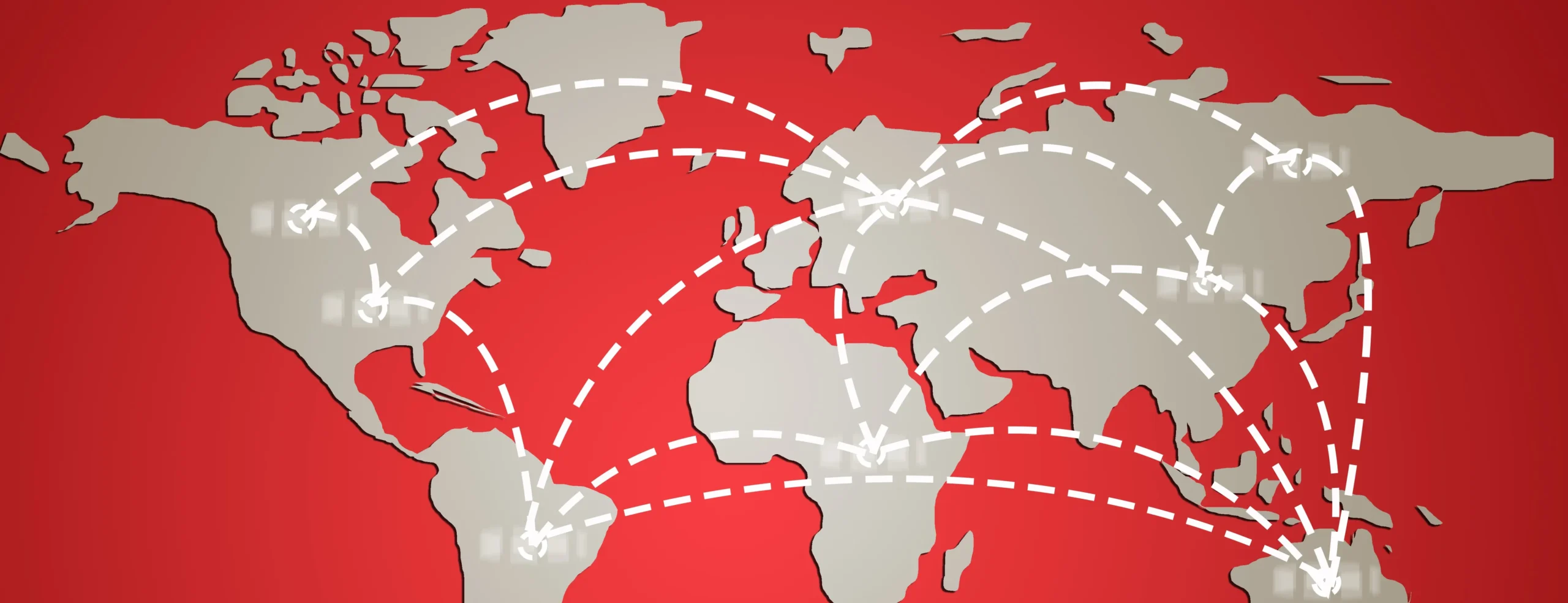4 Aug 2024
Saudi Arabia’s Economic Ascent and Persistent Challenges
With GDP of more than $1 trillion USD, Saudi Arabia is the largest economy in the Middle East. A country well-known for its enormous oil reserves has been making significant steps to alter its position in the global economy. These reforms are part of a bigger plan to diversify the country’s economy and lessen its dependency on oil revenues. Consequently, the evolving economic landscape of Saudi Arabia will be explored, with a focus on its diversification efforts, investment strategies, and the obstacles it must overcome to emerge as a global leading economy.
17 Jul 2024
The UAE: A Global Magnet for Wealth
With solid inflows from the United Kingdom (U.K.) and Europe, the United Arab Emirates (UAE) has become the top global destination for wealth, attracting businesses, investors, and high-net-worth individuals (HNWIs) for the third year in a row. The UAE’s strategic blend of political stability, a welcoming cultural environment, a thriving real estate market, favourable tax regulations, and economic stability accounts for its resurgence as the top destination for affluent individuals in 2024. Strengthening its position as a leading hub for investment and wealth migration, the country’s forward-thinking vision and dedication to innovation and development ensure its sustained appeal to global wealth. The UAE is expected to gain significant economic advantages as more wealthy individuals and their families relocate there, thereby increasing the country’s appeal and influence on a worldwide scale.
30 May 2024
The Modi Effect: Prospects and Challenges of a Third Term
Indian legislative elections were held on April 14, 2024, to choose a new parliament to represent the country for the next five years. These elections are considered the largest and longest in the world, given the vast geographical area of India, as voting will be held in seven phases across different states over a period of approximately six weeks. About 969 million voters will participate in these elections to choose 543 members of the lower house of the Indian Parliament (Lok Sabha). These elections are of great importance and are among the most expensive in the world, with their cost expected to reach be nearly double what was spent in the 2019 elections.
An opinion poll conducted by the Centre for Research and Studies of Developing Countries indicates that the ruling Bharatiya Janata Party (BJP) is likely to win the 2024 Indian parliamentary elections, paving the way for a third term for Prime Minister Narendra Modi. The Lok Sabha elections are being held in a negative atmosphere, with opposition allegations of unequal playing field, as a result of the intervention of federal law enforcement agencies who have attacked several political leaders and froze their bank accounts for six weeks. This means that the elections will have political and economic repercussions if Modi wins a third term, which will in turn impact India’s internal situation.
17 Apr 2024
Rise of Regional Investment Blocs: A New Era of FDI Fragmentation
The world economy is at a turning point, with a visible tendency to reverse the integration that was seen in the last decades of the 20th century. Growing scepticism about the benefits of globalisation, particularly in developed countries, accompanied the sluggish recovery after the Global Financial Crisis (GFC). This uncertainty led to a purposeful policy change away from integration known as geoeconomic fragmentation (GEF). A variety of policies impacting capital flows, worker mobility, and trade are included in GEF. GEF policies are motivated by a variety of factors, such as correcting internal economic inequities, economic competition, and national security concerns. Foreign direct investment (FDI), which has been declining recently, particularly in emerging countries, is another indication of how this trend toward GEF has affected FDI and the need for quick action to reverse it.



